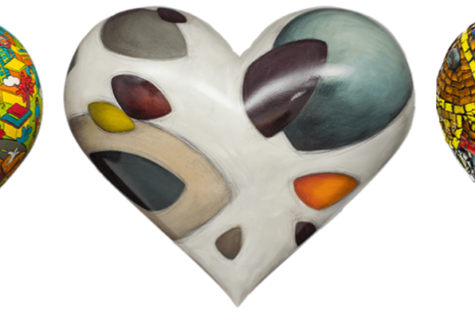Progress is transformational. When you arrive, you feel good.
Actually, with the most awe-inspiring transformational journeys, you feel good before, during, when and after you arrive. Why? Because you’re following something that calls to you. The siren song of the calling stirs you, continually. You, your organization, your supporters… you’re all journeying forward on a quest that takes you each where you’re pulled to…
Details

